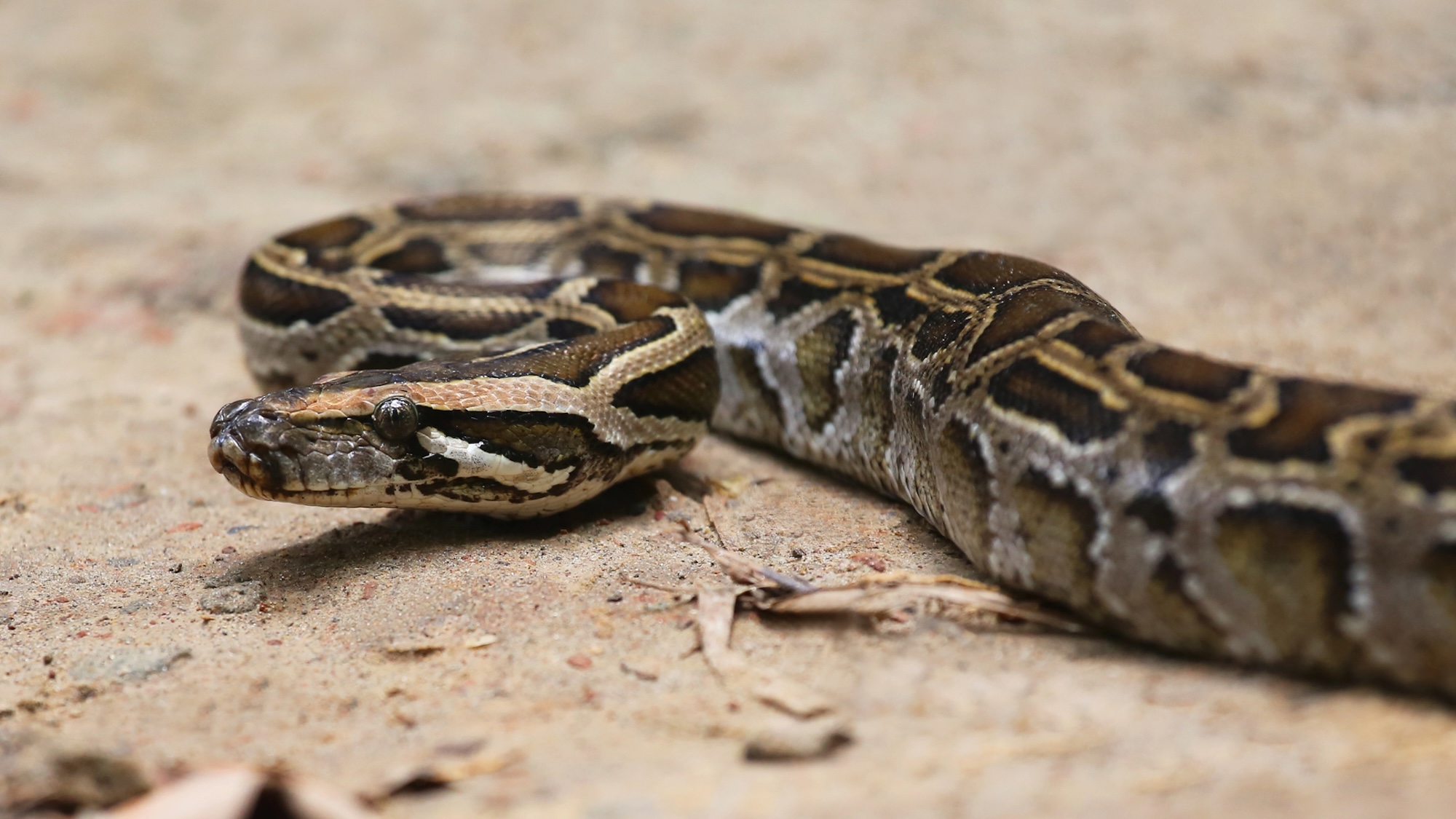Pythons can devour bones thanks to unique stomach cells

From Earth possibly sitting in a vast cosmic void to an interstellar comet's solar system journey and a mysterious Saturn collision, space discoveries reveal awe-inspiring mysteries and celestial wonders.

All major sources, one page
Feel the mood behind headlines
Know what’s trending, globally
Get summaries. Save time
8,258
125
211
an hour ago
Stay sharp in 60 seconds. Get concise summaries of today’s biggest stories — markets, tech, sports, and more
All major sources, one page
Feel the mood behind headlines
Know what’s trending, globally
Get summaries. Save time
8,258
125
211
an hour ago
Stay sharp in 60 seconds. Get concise summaries of today’s biggest stories — markets, tech, sports, and more